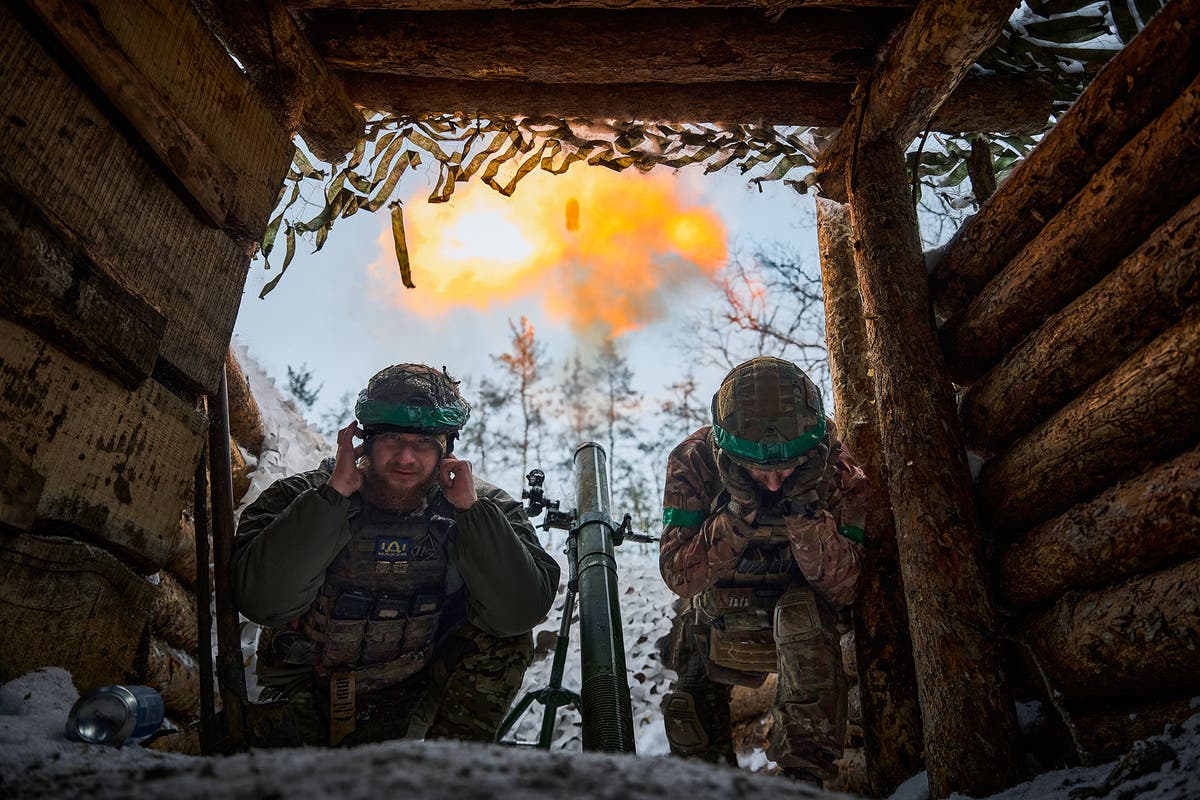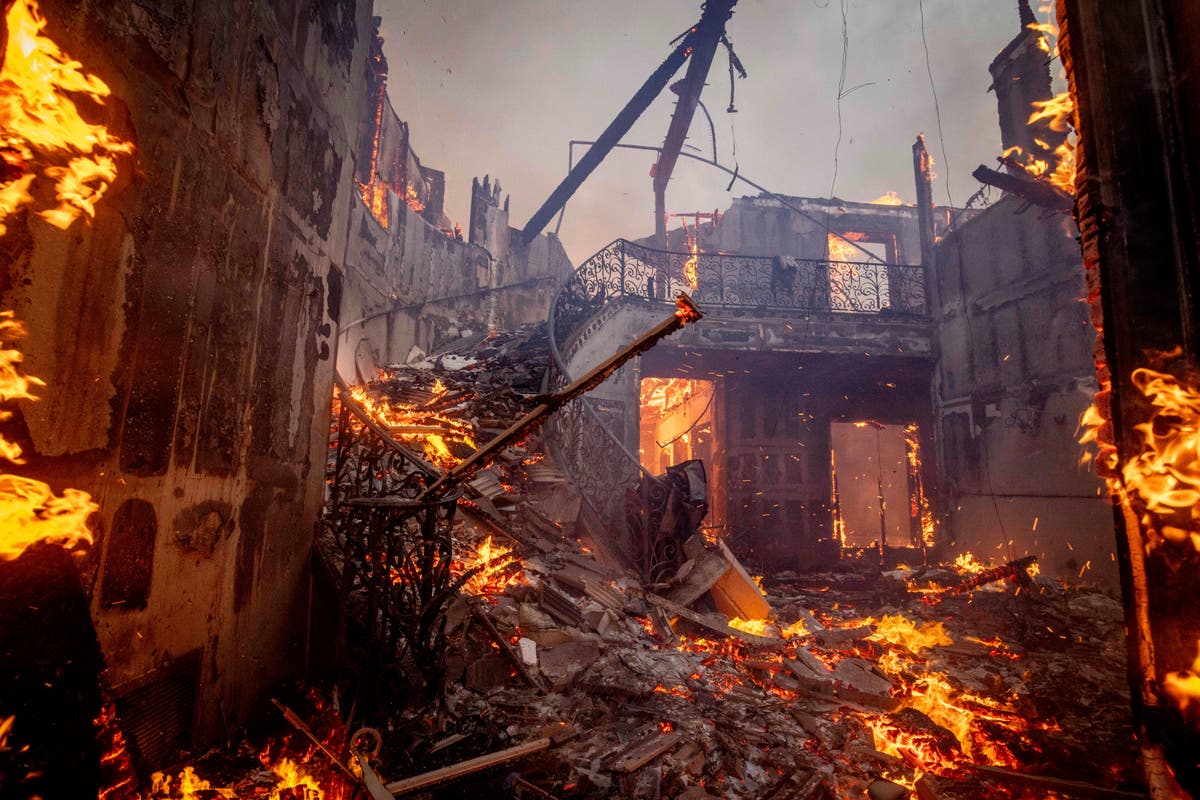Nearly three years into Russia's full-scale invasion, Ukraine faces an increasingly precarious situation marked by shifting international support, military challenges, and a growing humanitarian crisis. The uncertainty surrounding continued Western aid, coupled with internal issues, casts a shadow over the nation's path forward.
The recent U.S. presidential election, with Donald Trump's victory and promises to quickly end the war, has introduced a new layer of complexity. His stated willingness to negotiate with Russia, potentially at the expense of Ukraine's territorial integrity, has raised concerns within the Ukrainian government. Opposition leaders stress the importance of not ending the conflict through negotiations that could compromise Ukrainian sovereignty.
Despite these concerns, some in Kyiv hope that Trump will recognize the futility of negotiating with Putin and instead bolster support for Ukraine beyond levels seen under the previous administration. However, the specifics of Trump's strategy remain unclear, leaving Ukraine bracing for potential changes in international policy.
Military Struggles and Manpower Shortages
On the military front, Ukraine faces significant challenges. President Volodymyr Zelensky has acknowledged the military's current inability to reclaim the nearly 20% of Ukrainian territory occupied by Russia. This is due to insufficient Western support, including slow delivery of critical weapons, ammunition, and air defense systems, which are urgently needed.
Adding to the difficulty are issues with recruitment, retention, and troop rotations within the Ukrainian military. Reports indicate that the army needs to recruit 160,000 soldiers simply to maintain its current operational capacity. However, low morale, desertions, and the exodus of Ukrainian men to Europe are hindering recruitment efforts. A proposal to lower the conscription age from 25 to 18 is facing resistance from Zelensky, who is prioritizing the preservation of future generations.
Communication and Frontline Setbacks
Compounding these problems, communication gaps between commanders and frontline soldiers are hampering effectiveness. Unrealistic objectives set by senior command are undermining unit effectiveness, leading to morale issues. These internal issues have contributed to Russia's advances in the Donetsk region, where they have gained strategic ground, inching closer to the city of Pokrovsk. In addition, Russian forces continue to gain ground near the Zaporizhzhia border, as well as along the Kursk border region, aided in part by North Korean troops.
Escalating Humanitarian Crisis and Funding Shortfalls
The humanitarian crisis in Ukraine is worsening, with more than 3.5 million internally displaced people and 4.3 million refugees abroad. Continued Russian attacks further exacerbate the situation. The UN reports that only around a third of the country's humanitarian needs are being met due to a decline in donor funding. In 2022, the first year of the invasion, nearly 90% of funding was raised while 2024 saw that number plummet to 61%.
The lack of funding has been a critical issue in addressing a multitude of problems, including access to education for Ukrainian children, many of whom are forced to take shelter in bomb shelters or use underground facilities.
Additionally, thousands of Ukrainian children remain in Russian custody, following reports of forced abductions by Kremlin-controlled authorities. These kidnappings underscore the grave humanitarian consequences of the ongoing conflict.
As Ukraine navigates this complex landscape, the country faces the difficult task of both rebuilding and addressing urgent humanitarian needs while under continuous attack. The uncertainty around international support and internal shortcomings highlight the complex road to recovery and stability that lies ahead.







